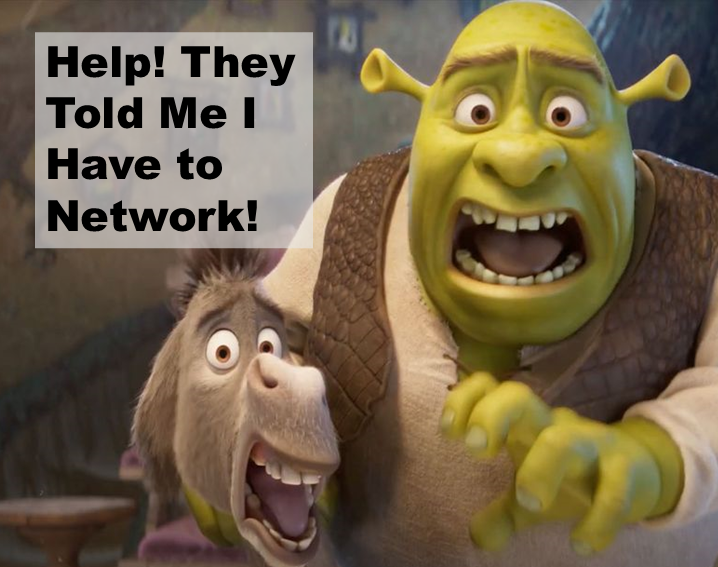This year, I had the joy of celebrating the thesis defense of a close friend. Unfortunately, the celebration was bittersweet, as the final years of his PhD were overshadowed by bullying from his PhD advisor. Ultimately, the only way he could finish his PhD was by removing his advisor from the examination committee, a process that only occurred after involving a senior faculty member due to the university’s ongoing delays and apparent inaction. This experience also reminded me of some difficult times in my own academic journey. It prompts a crucial question: Why do academic bullies continue to flourish in academia with seemingly minimal consequences? [1] [2] [3]
What is Academic Bullying?
Academic bullying is a troubling phenomenon that undermines the integrity and well-being of our educational institutions. It refers to the misuse of power by individuals in positions of authority—such as professors, advisors, or senior researchers—against students, junior faculty, or peers. This can manifest in various forms, including verbal abuse, intimidation, harassment, and exploitation.
Why Do Academic Bullies Continue to Flourish?
- Hierarchical Structures: Academia is characterized by rigid hierarchies where power dynamics can lead to intimidation. Those in senior positions often feel emboldened to bully those below them without fear of repercussions.
- Lack of Accountability: Many institutions have insufficient mechanisms for reporting and addressing bullying. This lack of accountability allows abusive behaviors to persist, often with minimal consequences for the perpetrators.
- Cultural Norms: In some academic environments, aggressive competitiveness is normalized, creating a culture where bullying is overlooked or even accepted as part of the “academic grind.”
- Fear of Retaliation: Victims often fear that reporting bullying will lead to negative repercussions for their careers, such as damaged relationships, loss of opportunities, or even academic failure.
- Limited Awareness: Many individuals may not recognize certain behaviors as bullying, leading to a lack of reporting and intervention. This ignorance can perpetuate the cycle of abuse.
- Inadequate Support Systems: Institutions may lack effective support systems for those affected by bullying, leaving victims feeling isolated and powerless. This absence of support can deter individuals from seeking help.
- Protection by the System: In some cases, academic bullies may be protected by their status, reputation, or connections within the institution, making it difficult for victims to challenge their behavior.
How Can We Tackle Academic Bullying?
- Establish Clear Policies: Institutions should implement and communicate robust policies regarding bullying, outlining clear procedures for reporting and addressing misconduct.
- Promote Awareness and Education: Conduct workshops and training sessions to educate faculty, staff, and students about what constitutes academic bullying and how to recognize it.
- Encourage Open Dialogue: Create safe spaces for individuals to share their experiences and concerns without fear of retaliation. Fostering a culture of support can empower victims to speak out.
- Empower Bystanders: Encourage colleagues and peers to intervene when they witness bullying behavior. Bystander intervention can be a powerful tool for change.
- Strengthen Support Systems: Develop robust support systems, including counseling services and peer support groups, to assist those affected by bullying.
- Hold Individuals Accountable: Institutions must take reports of bullying seriously and ensure that appropriate actions are taken against those who engage in such behavior, regardless of their status.
Conclusion
Academic bullying is a serious issue that demands our collective action. Therefore, it’s vital to dismantle the structures that enable bullying, ensuring all members of the academic community can pursue their goals free from mistreatment. By promoting transparency, accountability, & support—especially at the institutional level—we can cultivate an academic env. where everyone thrives without fear of bullying.
If you are affected by academic bullying, start by documenting all incidents, including dates and details, to create a clear record. Seek support from trusted colleagues, mentors, or institutional resources like counseling services and ombudsperson offices, and consider reporting the behavior to a supervisor or relevant authority, even if their effectiveness is not guaranteed. Prioritize your well-being through self-care and, if necessary, seek professional help to cope with the emotional impact of the situation.
Feature photo: Gian Lorenzo Bernini, CC BY-SA 4.0, via Wikimedia Commons
For further information or if you have any questions, please do not hesitate to contact me.



